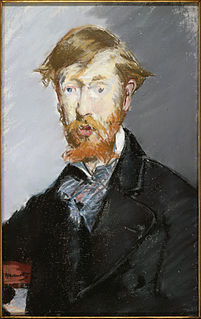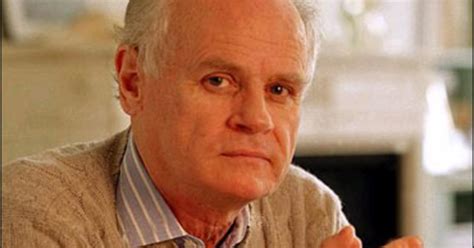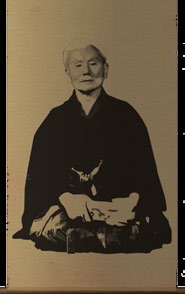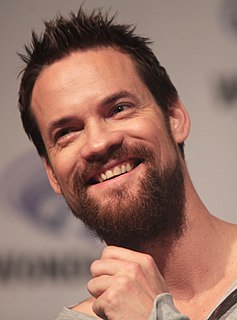A Quote by George A. Moore
Art must be parochial in the beginning to be cosmopolitan in the end.
Quote Topics
Related Quotes
You must continue to go back to the beginning, to the foundation, and question the foundation. Even once you‘ve reached Samadhi you must go back so you can create it at will. Samadhi is the beginning of spiritual growth, not the end. You must always be questioning. Enlightenment comes as an accident at first, then you have to learn to recreate it.
Man no longer lives in the beginning--he has lost the beginning. Now he finds he is in the middle, knowing neither the end nor the beginning, and yet knowing that he is in the middle, coming from the beginning and going towards the end. He sees that his life is determined by these two facets, of which he knows only that he does not know them
I once asked a distinguished artist what place he gave to labor in art. "Labor," he in effect said, "is the beginning, the middle, and the end of art." Turning then to another--"And you," I inquired, "what do you consider as the great force in art?" "Love," he replied. In their two answers I found but one truth.
In your world everything must have a beginning and an end. If it does not, you call it eternal. In my view, there is no such thing as beginning and end - these are all related to time. Timeless being is entirely in the now. Being and not-being alternate and their reality is momentary. The immutable Reality lies beyond space and time.
There are many people of cosmopolitan temperament who are not from the elites of their societies or the world; and while, for a variety of reasons, I think a cosmopolitan spirit does naturally go with city life, that's the life of a very large proportion of human beings today. And I don't think rural people can't be cosmopolitan, in my sense.
Art makes people do a double take and then, if they're looking at the picture, maybe they'll read the text under it that says, "Come to Union Square, For Anti-War Meeting Friday." I've been operating that way ever since - that art is a means to an end rather than simply an end in itself. In art school we're always taught that art is an end in itself - art for art's sake, expressing yourself, and that that's enough.






































